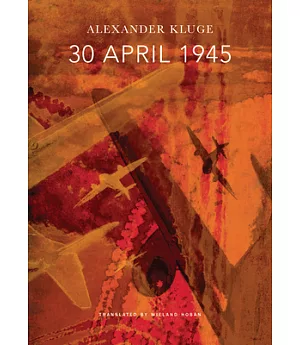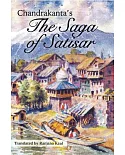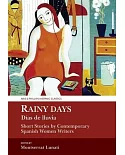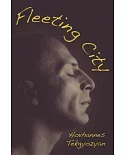The 30th of April 1945, a Monday, was the last working day observed in the Third Reich. It was followed by a national holiday and the transfer of what remained of the state to powers
which had no control over the week-long no man’s land leading up to the surrender to the Allied Forces, marking the end of war in Europe. It was a day filled with contradictions and
bewildering life events. The centre of Berlin was consumed by violent conflict—the Red Army occupied the city; Hitler committed suicide. By comparison, Switzerland seemed idyllic. In San
Francisco, the United Nations were being founded.
In this latest book, Alexander Kluge describes local and global events from the day. It is about life in a small town already occupied by US forces, about the types of hairstyles as well
as events happening around the world, including the story of two SS officers stranded on one of the Kerguelen Islands. One question emerges as ubiquitous and unavoidable: What is the
appropriate reaction to this total upheaval of the status quo? Martin Heidegger, for instance, in the seclusion of Wildenstein Castle, falls back on the poetry of Hölderlin...
The collective experiences of all the lives turned upside down on the 30th of April 1945 extend into the present day, and looking back, 70 years later, we see our own reflection in those
events.





















